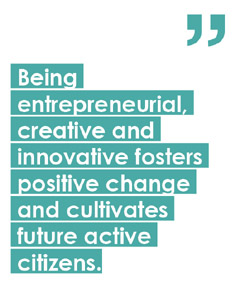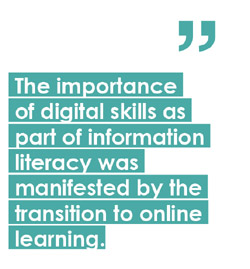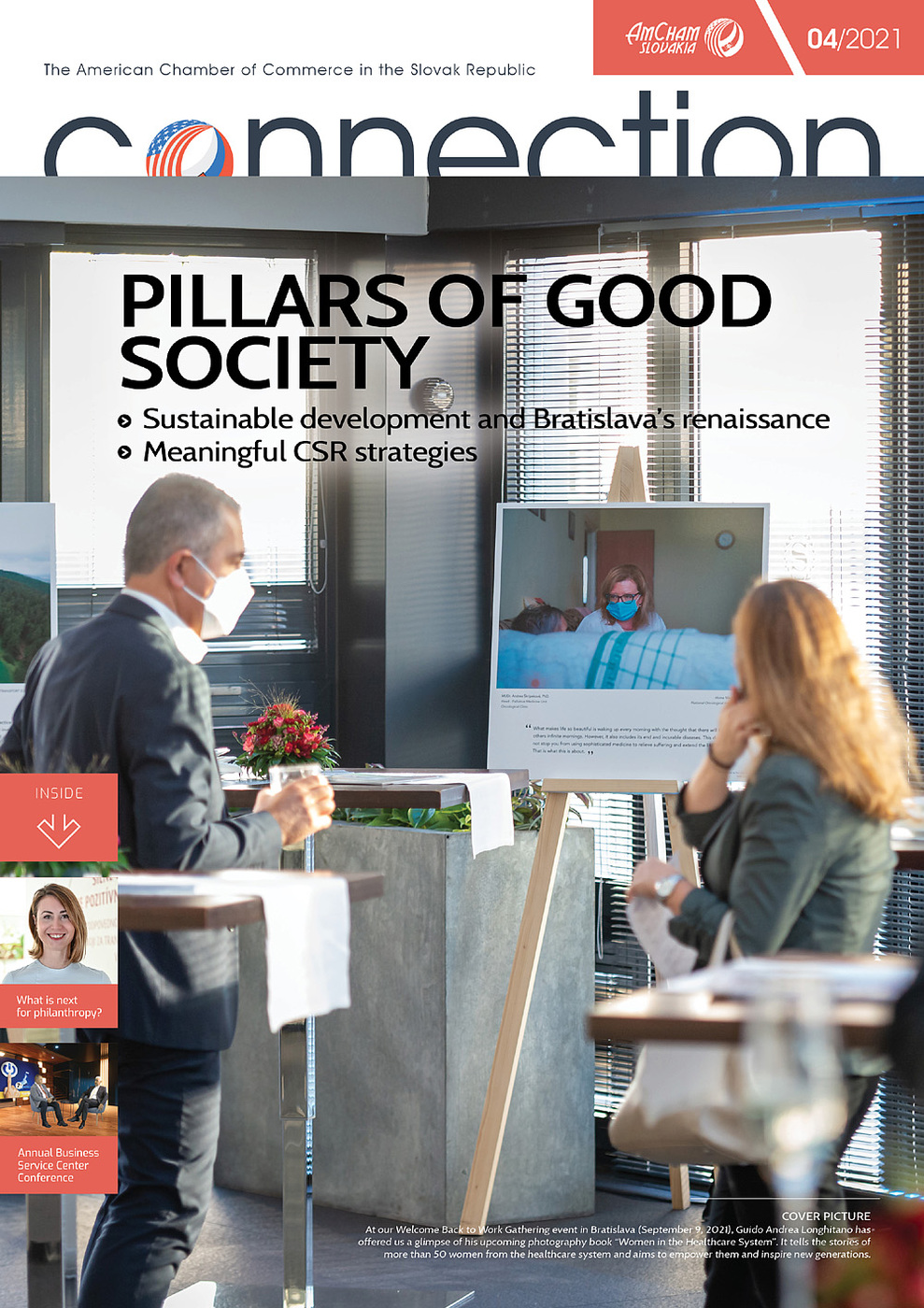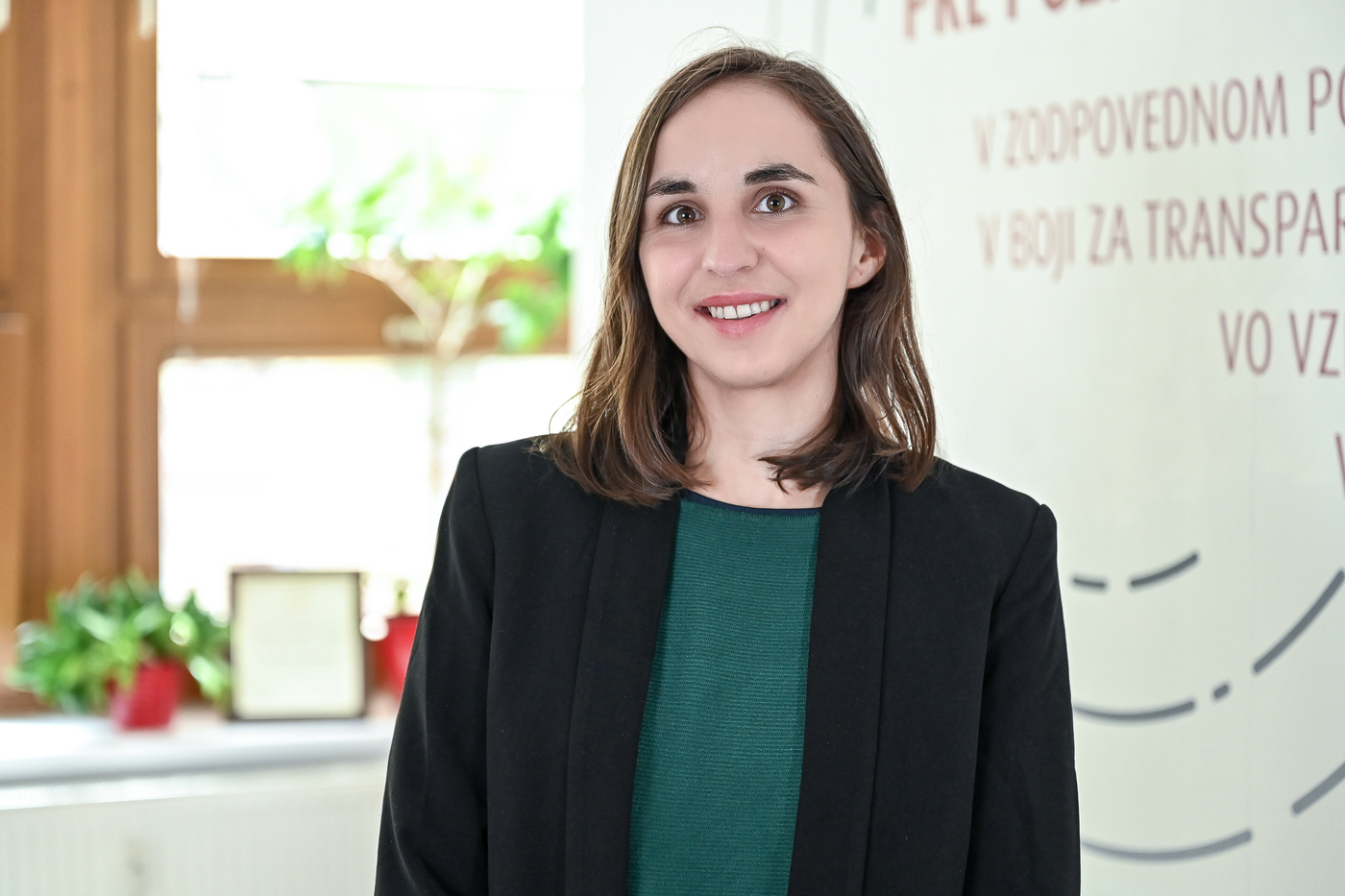These include the entrepreneurial mindset, soft and digital skills, as well as values and attitudes towards social innovation. Teaching children to see opportunities for change, mobilize and create – however small – a positive impact in their communities could be a start.
Preparing children for the future
What do the schools of the future look like? They provide complex teaching of soft skills via teamwork, practical digital skills, and entrepreneurial skills by creating space for creativity, where children can gain confidence to take action, feel free to try and, especially, free to fail and try again. They provide sufficient tools and techniques for the teachers as facilitators of the learning process, as well as enough staff to take an individual approach to ensure inclusion.
The Ministry of Education is slow in catching up with these trends. It has been piloting the Modern Classroom program at 144 schools since September, but without a holistic action to ensure no child is left behind. As a recent study by the Supreme Audit Office has highlighted, the ministry is still not doing enough to soften the blow the school closures have caused. It is true, a fundamental reform of education is necessary. However, targeted activities supporting acquisition of new skills increase the quality of education and also provide bottom-up change and innovation of the educational system.
Creating social innovators
Entrepreneurship is one of the essential skills that children can apply in the future and in anything they do. It does not strictly imply business skills. According to the Danish Foundation for Entrepreneurship & Young Enterprise, “entrepreneurship is when you act upon opportunities and ideas and transform them into value for others.” It will help children recognize challenges, find opportunities, and propose innovative solutions to problems around them.
 Living in a world of increasing inequality, climate crisis, and unsustainable economic growth, OECD recommends that education should not only provide students with “knowledge and skills but also attitudes and values, which can guide them towards ethical and responsible actions.” Being entrepreneurial, creative and innovative fosters positive change and cultivates future active citizens.
Living in a world of increasing inequality, climate crisis, and unsustainable economic growth, OECD recommends that education should not only provide students with “knowledge and skills but also attitudes and values, which can guide them towards ethical and responsible actions.” Being entrepreneurial, creative and innovative fosters positive change and cultivates future active citizens.
According to an analysis by To dá rozum, which focuses on changing education in Slovakia, entrepreneurship, creativity and initiative are not given attention in the teaching process. Schools do not develop these skills, despite the fact they are among the most required in society and also by employers in the future.
Creating inclusive space for makers
Even before the Covid-19 pandemic, children spent a lot of time online, but very inefficiently. According to a FOCUS survey for the Telekom Endowment Fund at the Pontis Foundation from June 2019, up to 41% of children did not use technology meaningfully. The importance of digital skills as part of information literacy was manifested by the transition to online learning. It showed the need for a different approach in teaching style and the lack of accessibility of almost one fifth (18.5) of Slovak pupils, who did not participate in online learning, or 17% who did not have their desk and a computer at home. The pandemic will have a long term impact, especially on the vulnerable, the development of their talents, and engagement in further education.
It also demonstrated that children need a safe, creative and inspiring space for play, collaboration, creation and a setting for non-formal learning. Therefore, to teach 21st-century skills and promote inclusiveness simultaneously, after-school hubs are a way to go forward. These hubs offer accessible high-quality facilities, such as an after-school center, where children can create their projects, learn how to work with technologies, but also gain indispensable mentoring under a curriculum that can be flexibly updated.
There are great examples of such projects from countries that lead in social innovation, such as Unistream in Israel or Vivita in Estonia. Rather than enrolling participants in a specific activity or competition, these programs promote a more inclusive approach to teaching by offering physical space during after-school hours.
Open Future
The Open Future program at the Pontis Foundation helps establish after-school coworking hubs at schools, emphasizes what children can offer their communities, and at an individual level, it also enhances inclusion, empathy and promotes diversity.

Why is it important to work on such topics with young children? “Children have a natural interest in these topics, as they perceive that these issues are something that concerns their future. It is, therefore, necessary to work with them, because they will make decisions in the future,” concludes Marian Holienka, the author of the Open Future curriculum and an expert in entrepreneurial skills.
Trying to create their own social innovation motivates children to think about the local and social aspects of their actions. That is why social innovation has become the mainstay of the Open Future curriculum through which participants learn and develop necessary skills but also gain a positive attitude towards problem-solving of local needs. To do so, children need mentoring in digital and soft skills as well as access to a creative and innovative space to develop them.
Daniela Kellerová, Program Manager, Pontis Foundation



Follow us